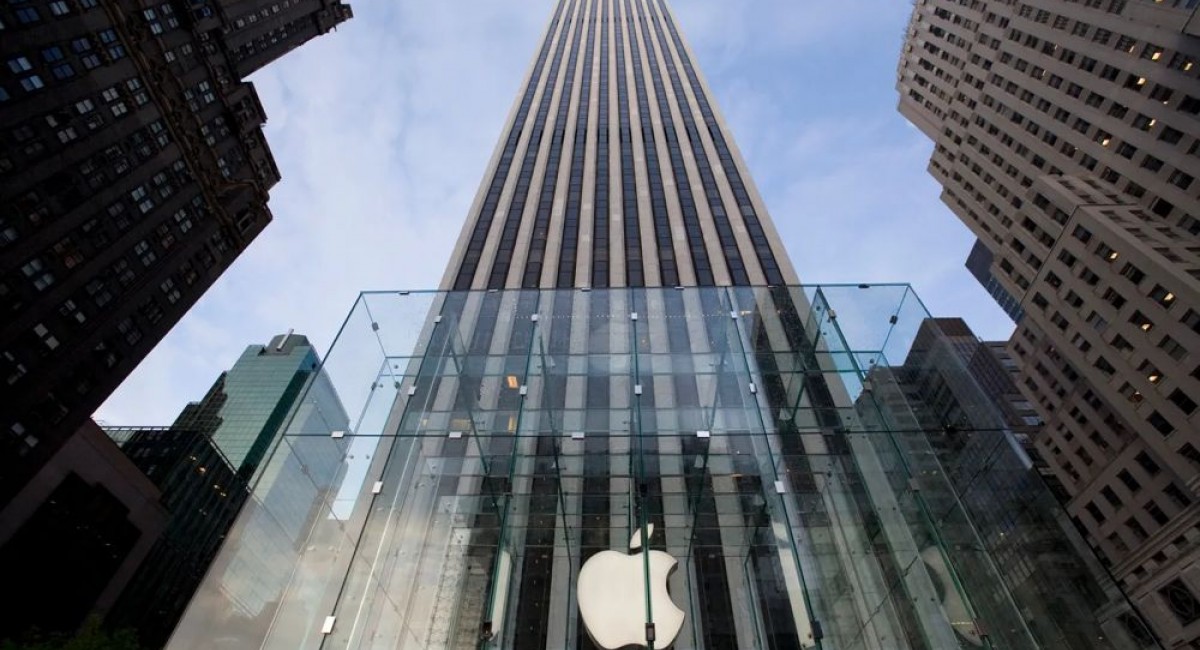SEARCH
Apple warns users in 92 countries for targeted spyware attacks

SHARE IT
Apple sent security notifications to iPhone owners in 92 countries last week, informing them that state-sponsored hackers are actively attempting to breach their devices. In notification emails obtained by several media sources, Apple said with "high confidence" that people were "targeted by a mercenary spyware attack" meant to remotely access their phones.
The sophisticated attacks appeared to target individual people "because of who you are or what you do," Apple claimed. The business did not name the spyware or connect the attacks to any government. However, mercenary malware is generally employed by nations to target human rights advocates, journalists, or politicians.
Apple determined that you are the subject of a mercenary malware assault attempting to remotely infiltrate the iPhone connected with your Apple ID -xxx-. This attack is most likely directed at you explicitly because of who you are or what you do. Although it is impossible to attain 100% accuracy when detecting such attempts, Apple is very confident in this warning; please take it carefully.
Apple has previously identified targeted cyber attacks emanating from China, Russia, Iran, and North Africa. This recent worldwide notice impacts iPhone users in over 150 countries.
However, it is unclear whether US consumers were targeted this time. In its notifications, Apple stated that it was unable to give further information about the assaults in order to keep hackers from improving their approaches.
Apple asserted "high confidence" in their study to persuade customers to act. "We are unable to provide more information about what caused us to send you this notification, as that may help mercenary spyware attackers adapt their behavior to evade detection in the future," the organization informed owners of the iPhone.
The large-scale operation, involving over 90 nations across many continents, highlights the ongoing threat of state-sponsored hacking.
MORE NEWS FOR YOU

 Help & Support
Help & Support 

